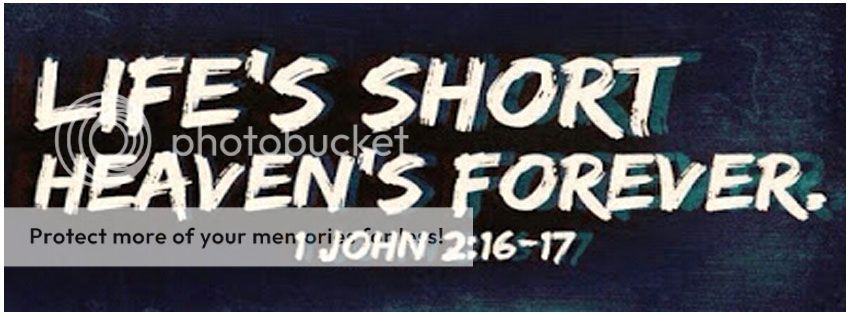*FEAST OF THE HOLY FAMILY! *
In an old Chinese story, a teacher who was talking about the beauty of family life asked his students, "What is the most satisfying thing in life?" "A happy marriage," some replied. Others said, "Good health." There were many more answers, but after everyone failed to give the correct one, the teacher said, "The most satisfying thing in life is to see a child confidently walk down the road on his own after you have shown him the right way to go."
Once again the Church reminds us of the importance of the family by celebrating the Feast of the Holy Family on the very first Sunday after Christmas. The Holy Family of Jesus, Joseph and Mary, living together in Nazareth is often called the model and example of all Christian families, however, when you think about the Holy Family as a model for our life, perhaps there is something in that idea we may find a little hard to swallow. For the Holy Family is so Holy, the child is so absolutely special, the relationship between Mary and Joseph so different from what we normally expect of a married couple, that it seems almost impossible to relate the circumstances of our daily family life to the lives of these three people in Nazareth. It was in such a family that Jesus learned the "right way to go" — a family which, though it had its moments of joy, was nonetheless not spared from problems and sufferings. To cite a few examples.
*Rejection*: When the hour for the delivery of Jesus came, He was born in a manger because there was "no room in the inn." What, irony! The Son of the Creator of the universe did not even have a decent place to be born in!
*Victim of power play*: Shortly after the birth of Jesus, a new family crisis occurred. King Herod regarded Jesus as a threat to his political security. For did not the Magi say that they were looking for the King of the Jews? Herod thus ordered the massacre of all male children in Bethlehem two years old and under. What some people are willing to go through to stay in power, even at the expense of the innocent!
*Political refugees:* Joseph must have been unaware of this development. But not God. In a dream, an angel told Joseph to take the child and his mother and escape to Egypt. In contemporary terms, such people are called "political refugees." Joseph, using his carpentry skills, supported his family as a foreign worker.
*Lost and found:* When Jesus was twelve, the family went to Jerusalem to celebrate the Feast of the Passover as it was custom. On the way home, perhaps because Joseph and Mary left separately, each thought that the other had Jesus. It was only when they saw each other in the camp that evening that they discovered Jesus was not with either of them. Another suffering: They were parents of a lost child, an experience shared by many parents separated by divorce or its equivalent, man–made or natural calamities or war.
From these instances, we can easily see that the Holy Family was not exempted from problems and sufferings. But praying and putting their trust in God, they confronted them head on. Problems and sufferings, accepted and doing something about them in faith, strengthened their love for each other and consequently their family ties.
Blest as the Holy Family was by God, it did not dispense with the ordinary human qualities that each member of the family must work hard to acquire love and concern for one another, respect for each one's dignity and freedom and trust for one another.
The fact that God allowed His Son Jesus to be born and to grow up in a family shows the importance of the family in His plan of salvation. In the family, Jesus was not only nourished but also nurtured. There, seeing the example of His parents, He learned what to have an intimate loving relationship with each other and with God was. There He learned what love and support for one another can do in times of difficulties. There He learned about compassion for those with less in life. In short and in the words of St. Paul, they "put on heartfelt compassion, kindness, humility, gentleness, and patience, bearing with one another and forgiving one another.... And over all these (they) put on love, ".
Nowadays, the family, the nucleus, and the bedrock of society are under severe attacks from all sides. From within, one reason why families break up is pride — husbands and wives are too proud to accept each other's weaknesses and faults. The consequences of broken families to each other and the other members of the family are too grim to imagine. And who suffer the most? The children, of course!
If only all families anchor their marriage in God, as did the Holy Family, then many of the problems besetting families today may be prevented. If only married couples allow the values of love and concern for one another, respect for each one's dignity, and freedom and trust for one another reign supreme in their marriage, then when problems arise, they can face them together in faith thus bringing them closer to each other. Then, for them, the family really becomes the place where they will find God and their sanctification.
May the Holy Family be the model of all families!





